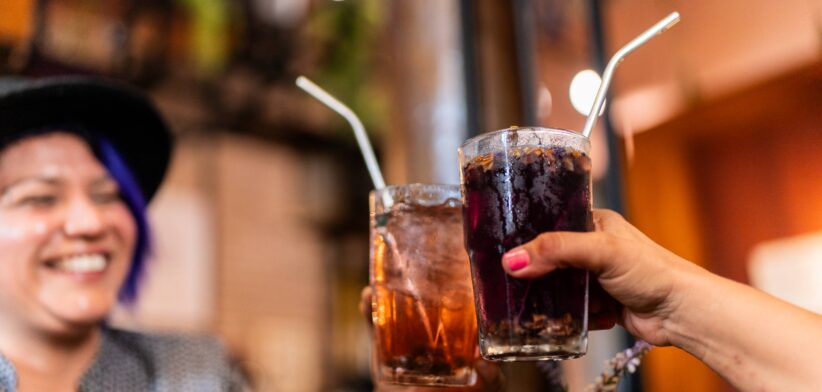Artificially sweetened drinks pose a greater risk of diabetes than sugar-sweetened products.
A new Australian study found drinking one can of artificially sweetened soft drink a day could increase the risk of developing type 2 diabetes by 38 percent.
The same study, conducted by a team from Monash University, RMIT University and the Cancer Council Victoria, found the risk was 23 percent higher for those who consumed sugar-sweetened beverages, such as regular soft drinks.
Monash University Distinguished Professor Barbora de Courten said the findings, which came from a study that followed more than 36,000 Australian adults over nearly 14 years, challenged the common assumption that artificially sweetened beverages were a safer choice.
“Artificial sweeteners are often recommended to people at risk of diabetes as a healthier alternative, but our results suggest they may pose their own health risks,” Professor de Courten said.
She said while the link between sugary drinks and diabetes could largely be explained by obesity, the connection between artificially sweetened drinks and type 2 diabetes remained strong even after adjusting for body weight, suggesting a potentially direct effect on metabolism.
“We support measures like sugary drink taxes, but our study shows we also need to pay attention to artificially sweetened options.
“These are often marketed as better for you; yet may carry their own risks. Future policies should take a broader approach to reducing intake of all non-nutritive beverages.”
Read the full study: The association of sweetened beverage intake with risk of type 2 diabetes in an Australian population: A longitudinal study.








